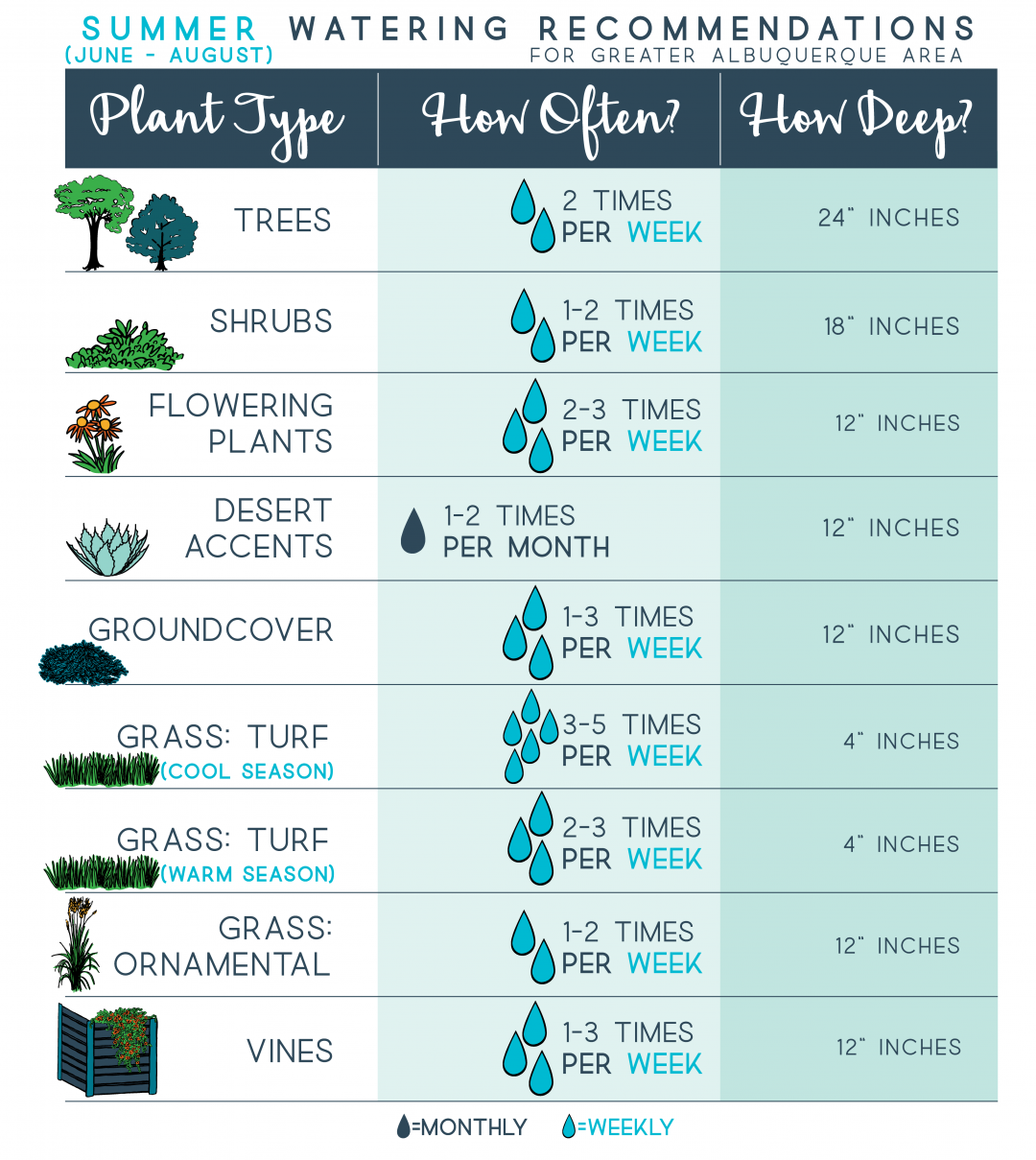Mastering Watering Schedules for Raised Beds

Mastering Watering Schedules for Raised Beds
Gardening in raised beds is a joy, but it comes with its own set of challenges, especially when it comes to watering. Watering schedules for raised bed gardens can be a bit tricky, but with the right knowledge and techniques, you can ensure your plants stay happy and hydrated.
Why Raised Beds Need Special Watering Attention
Raised beds have unique watering needs due to their design. They're elevated, which means water drains more quickly. Plus, the soil in raised beds warms up faster, leading to increased evaporation. This makes soil moisture a critical factor to monitor.
Understanding Your Soil
Before diving into watering schedules, it's crucial to understand your soil. Different soil types hold moisture differently. For instance, sandy soil drains quickly, while clay soil retains water. Most raised beds use a mix of compost, topsoil, and potting soil, which provides a good balance of drainage and water retention.
How Often Should You Water?
There's no one-size-fits-all answer to this question. Factors like weather, plant type, and soil composition all play a role. However, a good starting point is to water about 1-2 inches per week. This is roughly equivalent to one hour of drip irrigation or 15-20 minutes with a sprinkler.
Checking Soil Moisture
Don't just rely on a schedule; check your soil moisture regularly. Stick your finger about 2-3 inches into the soil. If it feels dry, it's time to water. You can also use a moisture meter for a more accurate reading.
Irrigation Methods for Raised Beds
There are several irrigation methods suitable for raised beds:
- Drip Irrigation: This is one of the most efficient methods. It delivers water directly to the plant roots, minimizing waste.
- Sprinklers: While not as efficient as drip irrigation, sprinklers can be useful for covering large areas.
- Hand Watering: This method allows for precise control but can be time-consuming.
Watering Techniques for Different Plants
Different plants have different plant hydration needs. Vegetables like tomatoes and cucumbers need consistent moisture, while herbs like rosemary and thyme prefer drier conditions. Research your specific plants to tailor your watering schedules accordingly.
The Importance of Deep Watering
Deep watering encourages plant roots to grow deeper, making them more resilient to drought. Aim to water deeply once or twice a week, rather than giving your plants a shallow drink daily.
Watering in Different Weather Conditions
Weather plays a significant role in watering schedules. In hot, dry conditions, you'll need to water more frequently. Conversely, in cool, wet weather, you can cut back. Keep an eye on the forecast and adjust your watering accordingly.
Mulching for Water Conservation
Mulching is a fantastic way to conserve water. It reduces evaporation, keeps the soil cool, and suppresses weeds. Organic mulches, like straw or wood chips, also improve soil health as they break down.
Signs of Overwatering and Underwatering
Both overwatering and underwatering can harm your plants. Look out for these signs:
- Overwatering: Yellowing leaves, wilting despite wet soil, and mold or mildew growth.
- Underwatering: Wilting, dry soil, and slow plant growth.
Automating Your Watering Schedule
Consider using a timer to automate your watering schedules. This can save you time and ensure your plants get a consistent amount of water. Just remember to adjust the timer based on weather conditions and plant needs.
Garden Maintenance and Watering
Proper garden maintenance also plays a role in watering. Keep your beds weed-free, as weeds compete with your plants for water. Also, ensure your irrigation system is well-maintained to prevent leaks and waste.
For more tips on watering, check out this helpful guide from Gardeners.com on watering plants.
Conclusion
Mastering watering schedules for raised bed gardens is a learning process. It involves understanding your soil, plants, and weather conditions. But with practice, you'll develop a green thumb and enjoy the fruits (and vegetables) of your labor.
FAQs
Q: How do I know if my plants are getting enough water? A: Check the soil moisture. If it's dry 2-3 inches down, your plants need more water.
Q: Can I overwater my raised bed garden? A: Yes, overwatering can lead to root rot and other issues. Ensure your beds have good drainage.
Q: What's the best time of day to water? A: Early morning is ideal, as it gives the water time to soak in before the heat of the day.
Q: How can I conserve water in my raised bed garden? A: Use mulch, practice deep watering, and consider drip irrigation.
Q: Do all plants need the same amount of water? A: No, different plants have different water needs. Research your specific plants for tailored care.
0 Response to " Mastering Watering Schedules for Raised Beds"
Post a Comment